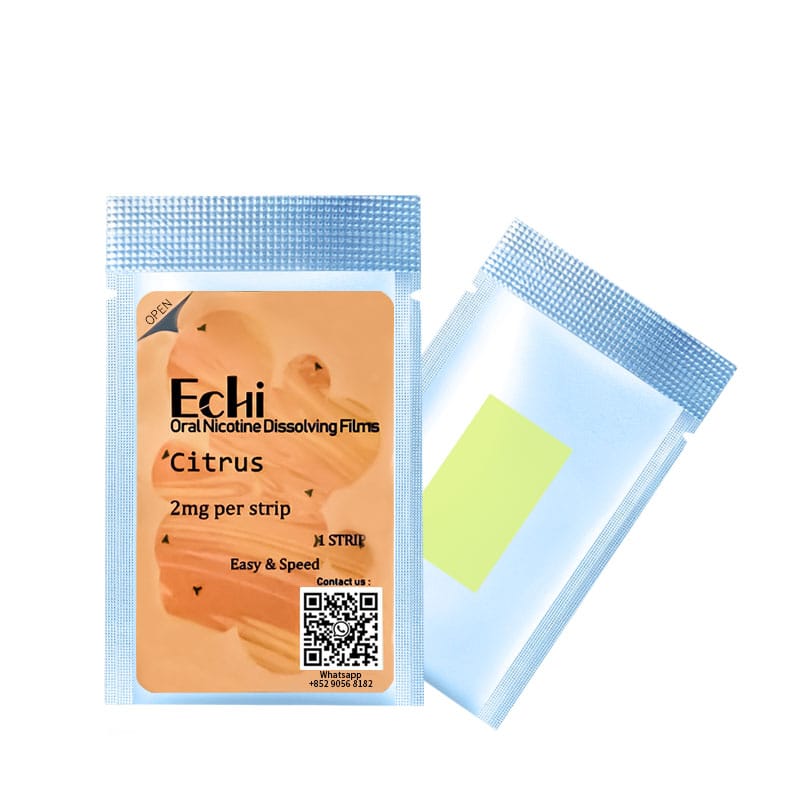Table of Contents
Nicotine testing has become increasingly common, especially for insurance purposes or workplace requirements. Since nicotine and its metabolites are detectable in various types of tests (urine, blood, saliva, and hair), understanding how these tests work is crucial if you’re a vaper who wants to pass a urine nicotine test. This article explores what a nicotine test looks for, how long nicotine stays in your system, and methods that may help you clear it out in time.
What Does a Nicotine Urine Test Look For?
When you vape, nicotine enters your bloodstream and is metabolized by your liver into cotinine—a byproduct that remains in your system longer than nicotine itself. Urine tests typically detect cotinine because it provides a longer window of detection compared to nicotine.
- Nicotine Detection: Nicotine can remain in urine for up to 4 days after the last use.
- Cotinine Detection: Cotinine, due to its longer half-life, can be detected in urine for up to 10 days for occasional users, and up to 3 weeks for heavy users.
Some tests may also detect anabasine, another byproduct that differentiates between nicotine from tobacco products and nicotine from replacement therapies (such as patches or gums). Understanding this is critical if you’re using non-tobacco nicotine products.
How Long Does Nicotine Stay in Your System?
Nicotine and cotinine stay in the system for varying amounts of time based on several factors:
- Frequency of Use: Occasional vapers may clear nicotine in a week, while daily users may take longer.
- Amount Consumed: Higher nicotine concentrations (such as 50 mg/ml) lead to longer detection times.
- Metabolism: Faster metabolisms clear out nicotine faster, while slower metabolisms extend its presence.
- Hydration: Staying well-hydrated can slightly help dilute nicotine levels but is not a foolproof solution.
How to Pass a Nicotine Test: Strategies for Vapers
If you have an upcoming nicotine test, consider these strategies that may help lower cotinine levels in your urine.
1. Stop Vaping as Soon as Possible
The most effective way to pass a nicotine test is to stop vaping immediately. Cotinine levels decrease significantly within a few days to a week after the last use, so stopping early will help clear the metabolites from your system.
2. Hydrate with Water and Electrolytes
While staying hydrated won’t instantly remove cotinine, it can aid in flushing out your system gradually. Drinking more water, combined with electrolytes, helps increase urine output, which may lower cotinine levels slightly. However, avoid overhydration, as excessively diluted urine can raise red flags during testing.
3. Exercise to Boost Metabolism
Nicotine and cotinine are fat-soluble compounds, so exercising can help speed up metabolism, potentially helping to clear these compounds faster. Engaging in cardio and strength training increases your metabolic rate, but avoid intense workouts close to the test, as they can temporarily release stored nicotine from fat cells.
4. Consider Natural Detoxes
While the scientific backing is limited, some people believe that certain detox foods and drinks can support nicotine clearance. Options include:
- Green Tea: Known for its antioxidant properties, green tea may help support your body’s natural detox pathways.
- Cranberry Juice: Often recommended for urinary health, cranberry juice could help flush out metabolites through increased urination.
- Fiber-Rich Foods: Foods high in fiber, like fruits and vegetables, can assist in digestion and elimination, which may aid overall detoxification.
5. Use Detox Kits with Caution
Over-the-counter detox kits claim to cleanse nicotine from your system, but their effectiveness is not guaranteed. Some detox kits contain vitamins, minerals, and herbs that support liver function, while others aim to dilute urine to lower detectable levels. If you choose to try one, do so with caution, and avoid any product that guarantees results, as this may be misleading.
6. Avoid Secondhand Smoke
Even if you’ve stopped vaping, exposure to secondhand smoke could introduce trace amounts of nicotine into your system. Avoid environments where others are smoking to reduce any residual risk before your test.
7. Don’t Rely Solely on Diuretics
Diuretics like caffeine and certain over-the-counter products are sometimes thought to reduce nicotine levels by increasing urination. However, diuretics may only provide a minimal effect, as they mostly cause water loss without significantly impacting cotinine levels.
How Urine Tests Work and What to Expect
Urine tests for nicotine are relatively straightforward and involve providing a sample that is analyzed for nicotine and cotinine levels. Tests may detect down to 200 ng/mL of cotinine, so any recent nicotine use could be detected if not fully cleared from your system. Here’s what to expect during and after testing:
- Sample Collection: You’ll be asked to provide a urine sample, often under observation to ensure the sample’s validity.
- Analysis: The lab will analyze the sample for nicotine, cotinine, and potentially anabasine to confirm nicotine use.
- Results: Positive results indicate the presence of nicotine or its metabolites. Some tests specify levels, which might be compared against thresholds for occasional or frequent users.
Common FAQs about Nicotine Testing for Vapers
1. Can nicotine-free vapes affect test results?
No. Nicotine-free vapes contain no nicotine, so they will not produce cotinine, making them safe for avoiding detection in a nicotine test.
2. How long before the test should I stop vaping?
Stopping at least 10 days before the test is advisable for most vapers. However, heavy users may need 2-3 weeks to ensure complete clearance.
3. Do detox drinks really work for nicotine tests?
The effectiveness of detox drinks varies, and there is limited scientific support for their use. Drinking water and natural detox options are often safer choices.
4. Are there any supplements that help clear nicotine faster?
While vitamin C, B vitamins, and antioxidants may support liver health, no supplement guarantees faster nicotine clearance.
5. Can labs detect if I tried to dilute my urine sample?
Yes, labs often test for creatinine and specific gravity in urine to detect dilution attempts. Excessive water intake may lead to a flagged sample, so be cautious with this approach.
Final Thoughts on Passing a Nicotine Test if You Vape
Passing a nicotine test if you vape is possible, but it requires planning and discipline. Begin by stopping all nicotine intake as soon as possible and focus on hydration, exercise, and natural detox options to support your body’s elimination process. Keep in mind that detox kits may help in some cases but should not be solely relied upon. By understanding how nicotine testing works and taking proactive steps, you can improve your chances of passing a nicotine urine test successfully.






